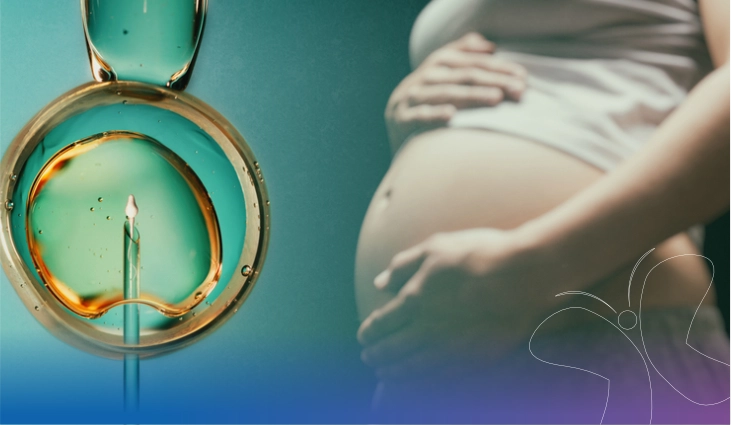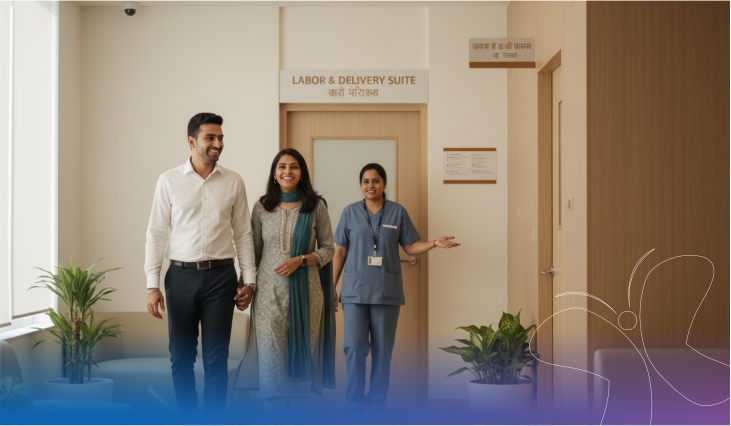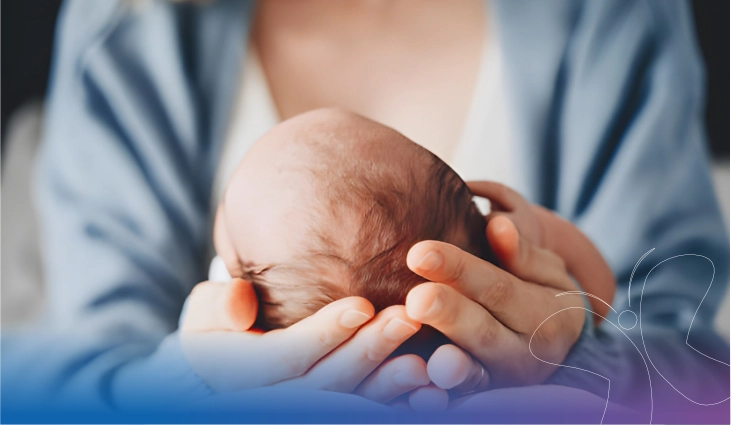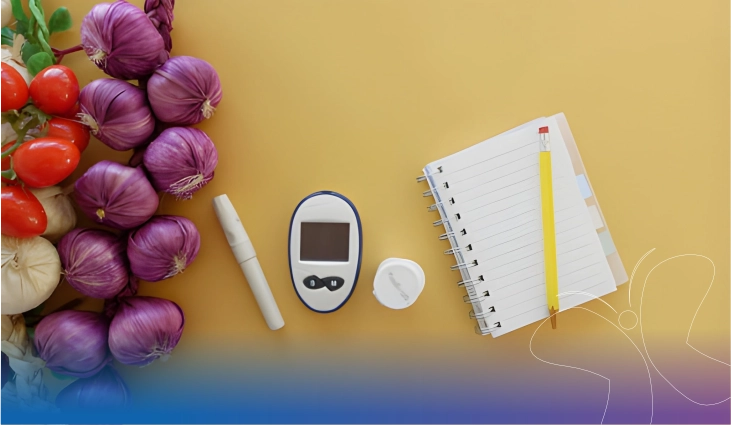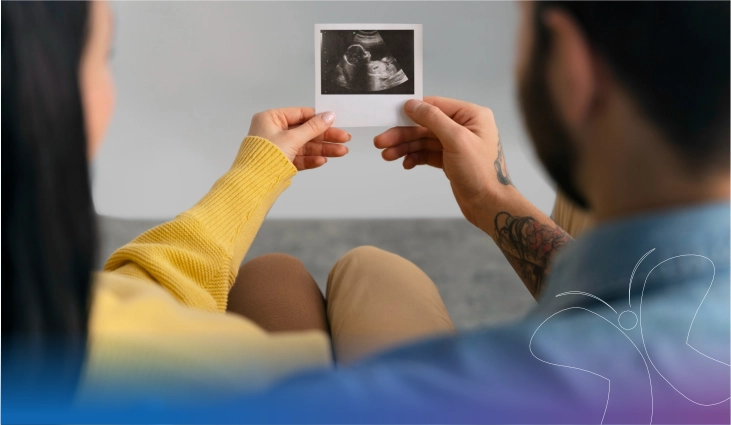You may be preparing for a religious fast. Or maybe you’re just not feeling very hungry. Either way, if you're pregnant, and you're thinking about skipping meals for a few hours or more it's worth having a real conversation with your doctor first.
At Flowrence, we often meet women in early pregnancy who ask, “Can I fast this Navratri or Ramzan? Just a few hours?” And the truth is there’s no one-size-fits-all answer.
For some women, a short, mindful fast may not cause harm. For others, especially in the second and third trimesters, it could disrupt blood sugar, cause dizziness, or worse reduce oxygen supply to the baby.
Why fasting becomes risky during pregnancy
When you're not eating, your body starts looking for stored energy. In a non-pregnant state, that’s not usually a problem. But in pregnancy:
- Your blood sugar drops faster
- Your body produces ketones (by-products of fat breakdown), which may affect fetal brain development
- Dehydration sets in sooner
- Your baby isn’t just relying on you for calories but for steady supply of glucose and nutrients
We’ve had patients come in with dizziness and fatigue after a simple 8-hour fast, thinking it was “normal.” A quick sugar test showed their levels had dropped far below safe range.
Who shouldn’t fast at all?
As a rule, we advise against fasting if:
- You have gestational diabetes or thyroid issues
- You are underweight or already anemic
- You are carrying twins
- You’ve had previous miscarriages or premature delivery
- You feel weak, light-headed, or nauseated without food
- You’re in your third trimester
Even a healthy pregnancy can turn complicated with missed hydration or poor nutrition, especially in hot weather.
But what if my fast is religious?
We understand and we respect that decision. Many women prefer to fast for spiritual reasons, and we don’t ask them to stop if their pregnancy is stable.
But we do recommend the following:
- Don’t fast for more than 6–8 hours
- Eat a high-protein, slow-carb meal before the fast (like oats with curd, nuts, boiled eggs, bananas)
- Break the fast with fruit, soaked dates, water, and a warm, home-cooked meal
- Avoid tea or coffee on an empty stomach
- Stay indoors, rest more, and monitor baby movements closely
We usually ask patients to do a trial fast at home for one day before the actual occasion this helps us see how their body reacts, and whether they should go ahead.
Your doctor in Rajkot can help guide this based on your trimester and past medical history.
What to watch for during the fast
Break your fast and call your doctor immediately if you:
- Feel dizzy, confused, or faint
- Have blurred vision
- Experience cramps or backache
- Notice decreased baby movement
- Are unable to drink water due to nausea or vomiting
The best gynecologist in Rajkot will always tell you fasting shouldn’t feel like suffering. If it does, it’s time to stop.
Can I fast for weight control?
No, pregnancy is not the time to cut calories or follow trends like intermittent fasting. Even a short fast done incorrectly can create nutrient gaps.
If you’re gaining weight rapidly or feel bloated, speak to a dietician or consult a physiotherapist for movement don’t skip meals.
At our women care hospital in Rajkot, we work closely with nutritionists to support mothers holistically no crash diets, no starvation, no guesswork.
Final Word
Fasting during pregnancy isn't wrong but it isn’t something you should do alone, either.
Talk to your doctor. Look at your blood reports. Understand your baby’s needs in each trimester.
Sometimes the most spiritual choice is the one that protects your health quietly.












